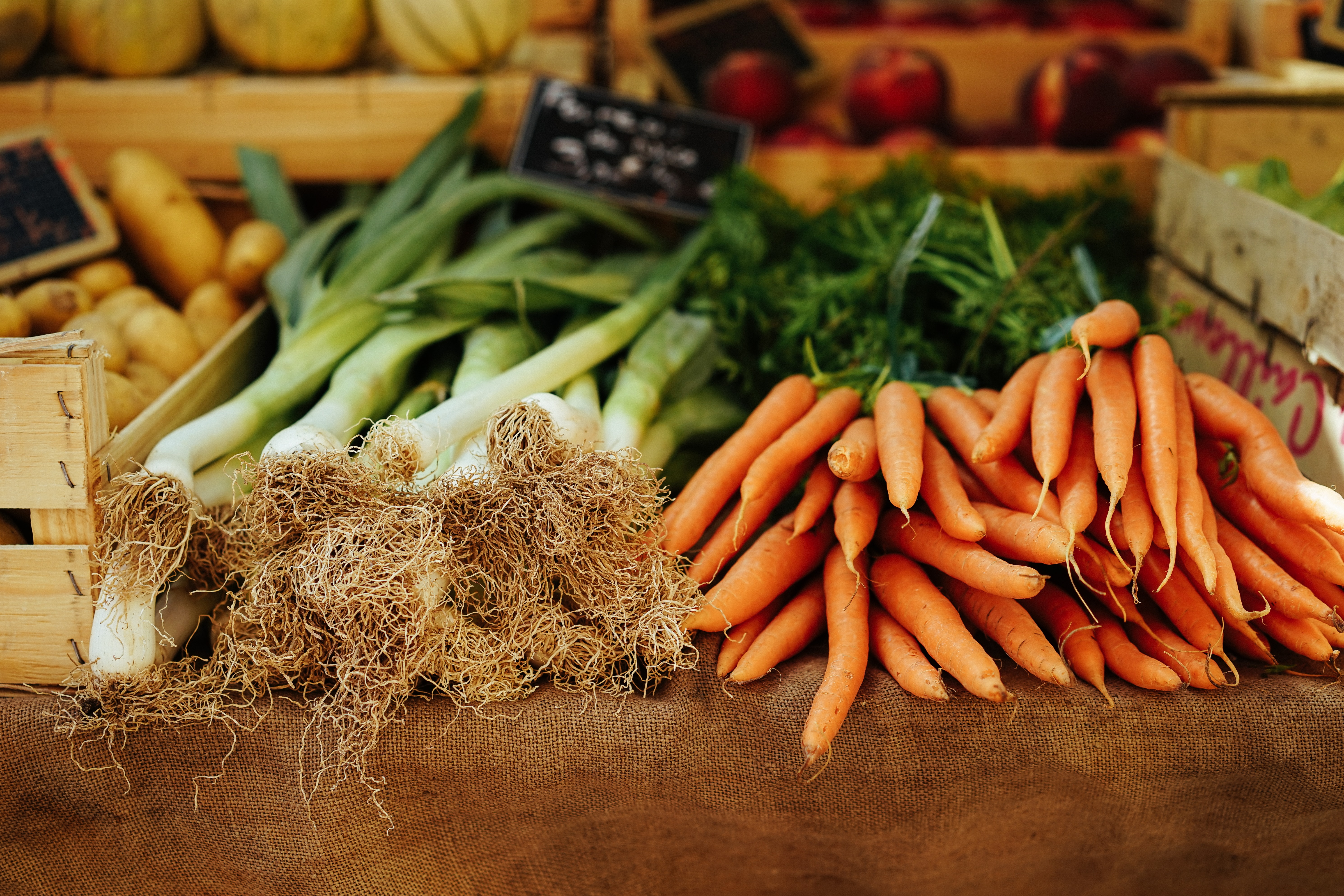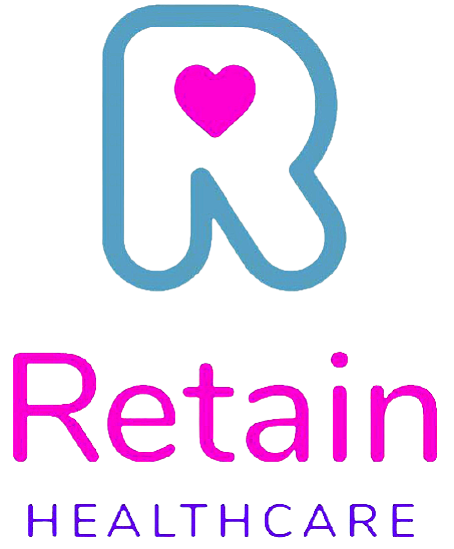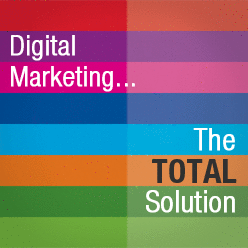In case you missed it see what’s in this section
Let's Talk
Your Total Guide To business

What to consider when setting up a local produce company
If you’re thinking of setting up a new business, becoming a food producer or greengrocer probably isn’t top of your list in terms of potential ventures – but you might be surprised at how good a choice it could be.
According to Shopify, 68% of consumers believe shopping local is important and, in 2020, Statista figures showed that greengrocer numbers up ticked for the first time since 2016 – showing increased appetite for local food businesses.
In this guide, we look at what is involved when setting up a small artisan food business – the must-do tasks on which every new food business owner needs to focus.
Build a business plan
It pays to have a strong business plan set up before you start on your new business journey. Understand the market in your area and the gaps in local food provision that exist. Also consider your own skills and wants, comparing these to the opportunities available in your local marketplace.
Once you have an idea of what you want to do, budget and plan. Forecast how much starting up your company will cost, as well as what your revenue and profit will be. More information is better in this crucial planning stage.
Understand the legalities
There are a range of legalities that you will need to follow when setting up a new business. Set up with HMRC, understand your legal obligations for food safety and hygiene, and get clued up on the health and safety requirements in your niche.
Insurance is also crucial – both in terms of employer liability insurance, and transport insurance for any vehicles that you use to deliver your product. Make sure that you’re adequately covered and you’ll improve your chances of business continuity.
Chalk up your business costs
There are a range of costs to consider when starting up a new business, including:
- Premises – your garage, a shipping container or high-street store.
- Transportation – if you deliver, a van will be a must-have.
- Produce – the cost of the produce that you process or sell.
- Supplies – consumables used during production.
- Equipment – the equipment that you use in your business, from food-production equipment to packaging to card-payment machines.
Market your business
To start your business with your best foot forward, build a brand that people find eye-catching and memorable. Consider working with a designer to make a great logo, and don’t be afraid to invest in experts in local social media and online selling – customers will still want to check reviews and make orders online.
Alternatively, set up your marketing yourself, using platforms like Google Business, Deliveroo and Uber Eats. Make sure to keep on top of reviews, though – poor ratings can spell doom for a new business.
Weather in Bristol
Listings
















